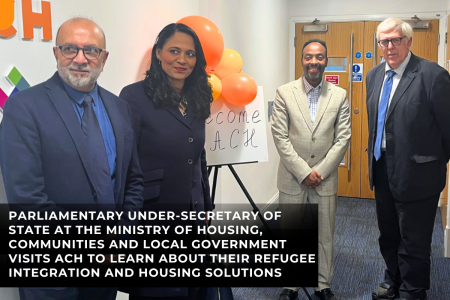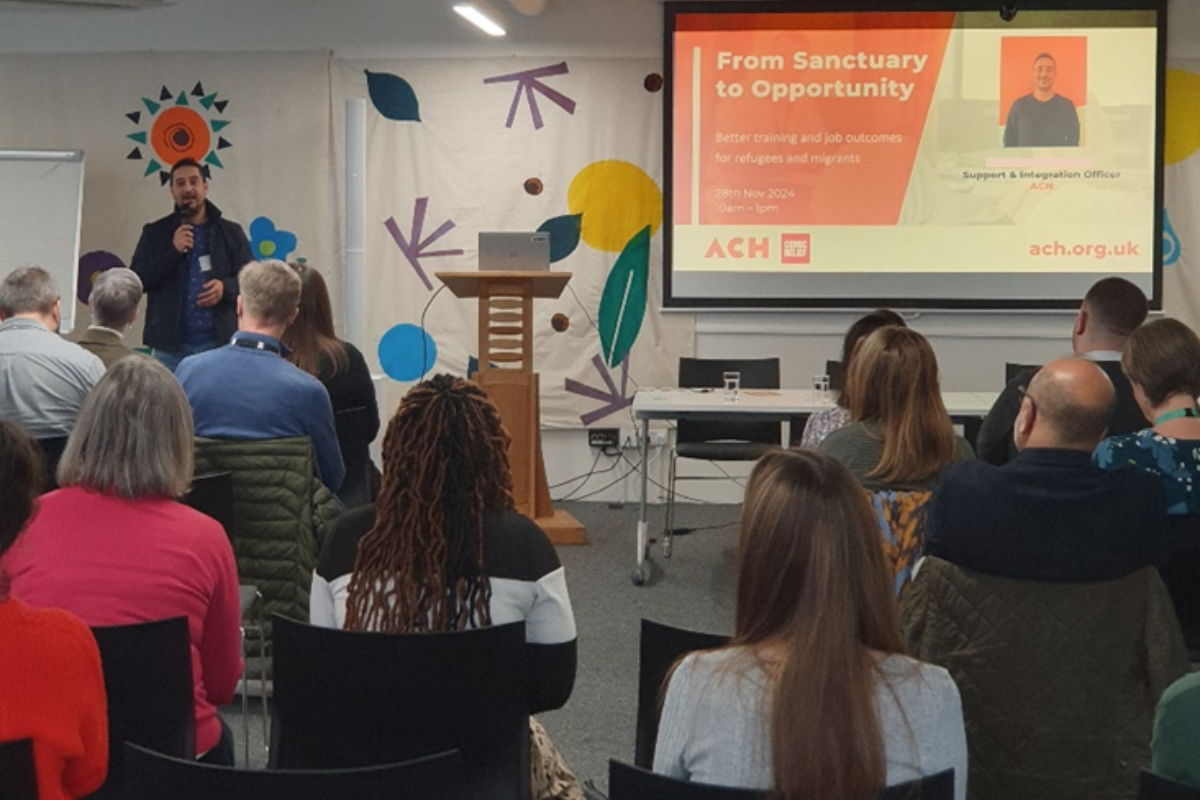
From Sanctuary to Opportunity: Better Training and Employment Outcomes for Refugees and Migrants
Our vision for the UK skills and training landscape in 2035:
It is 2035, social justice for refugees has been achieved, and across the UK, regions have streamlined and integrated skills and employment systems tailored to new arrivals. Barriers to meaningful participation are eliminated, with robust systems in place to help individuals reach their full potential.
Take Kazim, who arrives in Bristol as a refugee. He previously worked as an accountant and wishes to continue his career in his new home. Upon arrival, he is welcomed at the Multilingual Residents’ Hub, where his English proficiency and vocational skills are assessed. He is then paired with a mentor who guides him in accessing tailored support, including accountancy-specific language training and work experience. A year later, Kazim has secured a role as an accounts assistant, while pursuing an AAT Level 3 Diploma in Accounting. He feels confident that he is on the path to a fulfilling career that makes full use of his skills and experience.
On November 28, 2024, we launched the From Sanctuary to Opportunity 2024 Full Report, sharing our research which aims to improve training and employment outcomes for refugees and migrants. This event, hosted at The Foundation, Triodos Bank, in Bristol, marks the third report in our series funded by Comic Relief's Change Makers programme.
Our research has a clear aim: to shape improvements in training and employment support, ensuring it is demand-led and properly meets the needs of refugees and migrants, while aligning with local employer and skills requirements.
Refugees and migrants possess valuable skills, yet they often face barriers that hinder their entry into stable, fulfilling jobs.
“I feel it’s too late now and this is one of the things, we feel like it’s too late for us to start from the beginning … Some of us, we feel like it is waste of time to get a qualification from the beginning and start the same thing again and again, so they just go to these kind of jobs which doesn't require a qualification like they have.” -Khadija
By enhancing access to relevant, high-quality training, we can increase employment opportunities and support sustainable career progression for these communities.
Our research engaged over 160 participants, including individuals with lived experience of migration or displacement, as well as training professionals, employers, and policymakers from across the West of England.
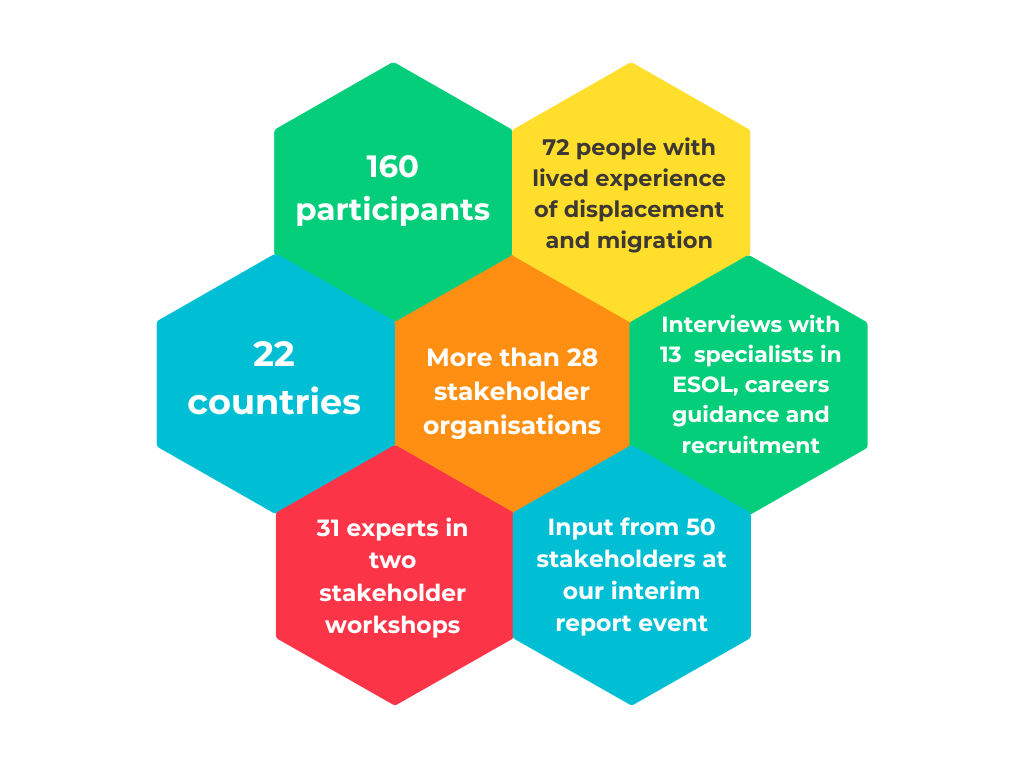
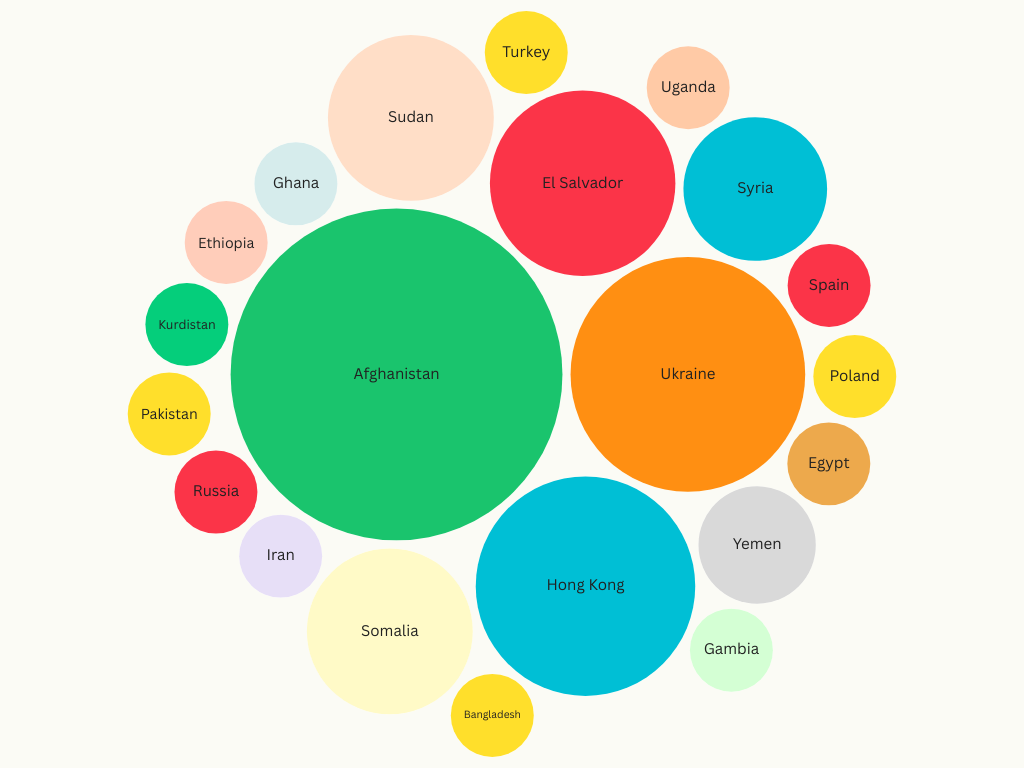
Key recommendations from our research include:
- A unified initial ESOL (English for Speakers of Other Languages) assessment and referral process in the West of England. This would reduce duplication, fill gaps in training, and speed up access to appropriate education and employment opportunities.
- More ESOL courses that integrate workplace-specific language skills with technical training and work experience, alongside academic pathways that open doors to further and higher education.
- More integrated collaboration between employers, training providers, support organizations, and policymakers, while ensuring refugees and migrants are actively involved in shaping the services they use.
- A Multilingual Residents’ Hub - a one-stop shop for accessing ESOL, training, employment and support - would provide essential support for refugees and migrants to thrive in the region.

The launch event featured insightful presentations from Naomi Logan, Head of Employment and Skills at West of England Mayoral Combined Authority; Julia Gray, Principal and CEO at City of Bristol College; and Baktash Musawer, Support and Integration Officer at ACH. These provided multiple perspectives -from policy, delivery, support and lived experience- on the need to shape improvements in the skills and employment landscape.
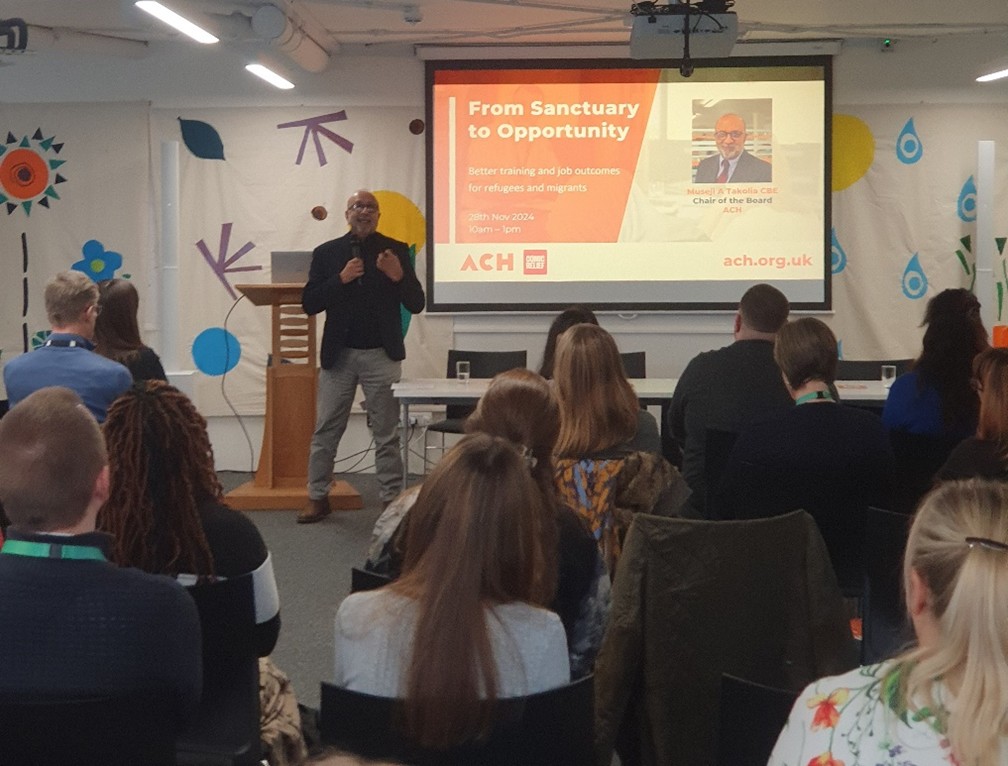
ACH’s Chair, Museji Takolia CBE, delivered powerful closing words, and a delicious lunch was provided by Afghan Bristol Cuisine (ABC) , one of our supported catering businesses.
Attendees engaged in lively discussions, considering future steps to enhance the training and skills landscape for refugees and migrants.

Key outcomes include:
- Our project has sparked important discussions with key ESOL and training stakeholders
- We have heard how our work is influencing future training and employer engagement efforts
- The research has helped shape the design of a common ESOL initial assessment tool by Community Learning at Bristol City Council
- The work has fostered collaboration among local ESOL stakeholders in working towards the development of a regional common assessment process.
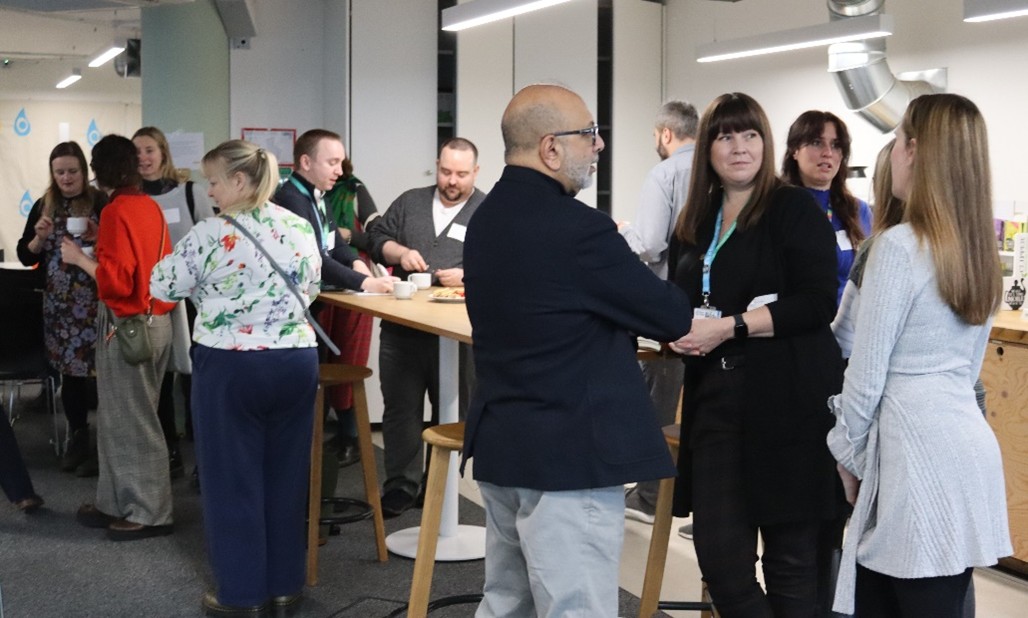
We invite all stakeholders in the training and employment sectors to take action and work with us to build a future where people like Kazim, portrayed in the scenario above, can quickly access the requisite training, resources and support necessary to secure roles that match their strengths and aspirations. This will enable them to achieve their goals and contribute to the economic and cultural life of their new home.
In this way, the full potential of refugees and migrants can be unlocked, benefitting not only individuals but also the wider economy and society.
Want to join us on this mission? Contact jill.court@ach.org.uk.

